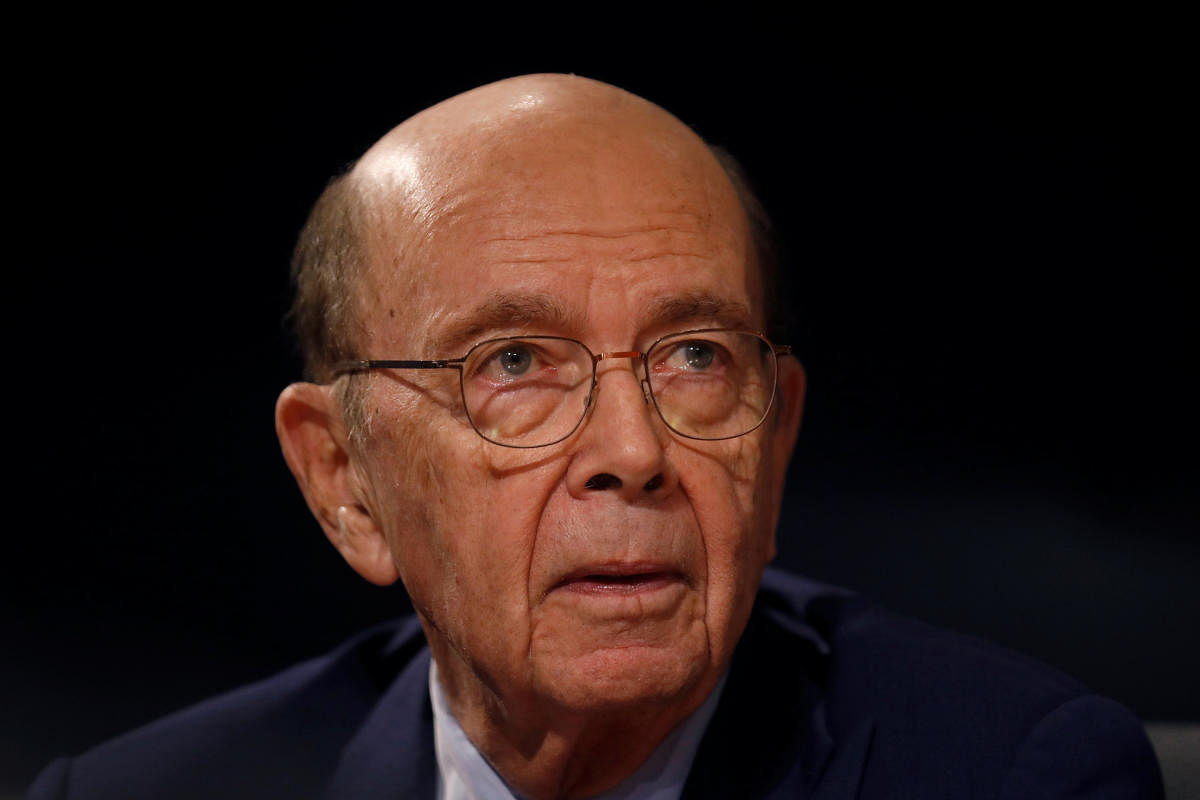
US Commerce Secretary Wilbur Ross said on Tuesday the Trump administration has not ruled out imposing tariffs on imported autos, after letting a review period end in November with no action.
"We've been having negotiations with the individual companies. We've had some very good benefits from that," Ross told Reuters in New York. "It may or may not turn out that there is any need for the tariff."
U.S. President Donald Trump did not announce any new tariffs after a six-month, self-imposed review period expired in mid-November following a Commerce Department "Section 232" investigation into whether imported autos pose a national security threat. He has threatened to tax them by as much as 25%.
Asked if there was a new deadline, Ross referred to a White House statement last month that did not include a new deadline.
Auto experts have said the U.S. administration may have to find other means if Trump wants to tax European or Japanese car imports, a key part of Trump's pledge to make America's trade relationships more fair.
Senator Pat Toomey, a Pennsylvania Republican, said Tuesday in response to Ross' comments that the Commerce Department would need to a launch a new investigation before it could impose the tariffs.
"VWs & Toyotas don’t pose a nat’l security threat. The window to levy 232 tariffs on foreign autos is closed. If @CommerceGov wants to impose punitive taxes on Americans who buy foreign cars, they must launch a new investigation. Congress should reassert authority over 232 tariffs," Toomey wrote on Twitter.
Ross said it was theoretically possible that Washington could use tariffs authorized by the World Trade Organization under a separate case over aircraft subsidies to impose tariffs on European car imports. But he declined to say if the administration was examining that possibility.
Ross noted Tuesday the EU imposes a 10% tariff on U.S. cars, while the U.S. imposes a 2.5% tariff on EU cars.
"There has already has been a tariff war. The only thing is we haven't been defending ourselves. We've been accepting the lopsidedness of things," Ross said.